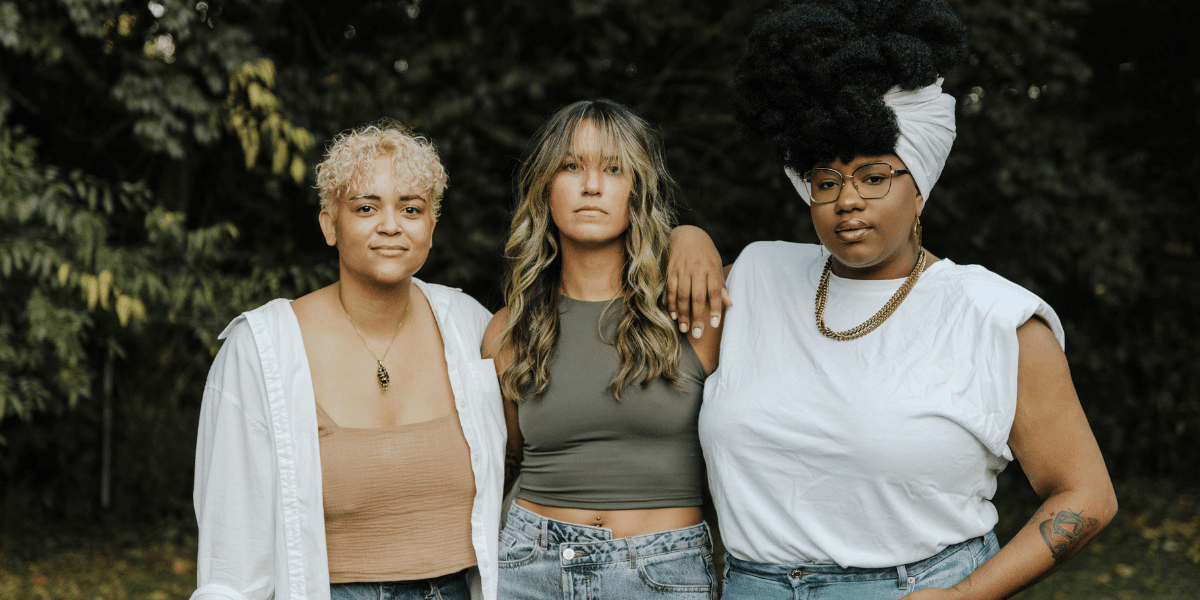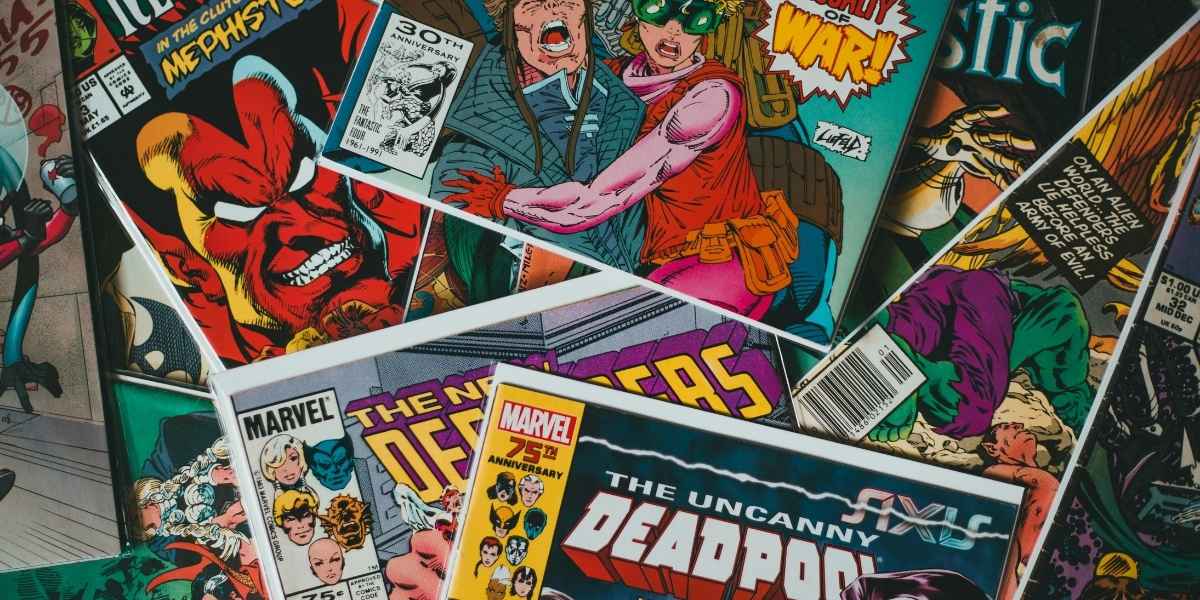When it comes to recording music, artists often face the choice between meticulously planning every note and allowing room for spontaneity and improvisation. Improvisation, the act of creating music on the spot without prior preparation, can inject energy, creativity, and authenticity into recordings. In this article, we’ll explore the effectiveness of improvisation during recordings and examine how it can enhance the musical experience for both artists and listeners.
Spontaneity and Creativity
One of the key benefits of improvisation in recordings is the ability to capture moments of spontaneity and creativity that may not be achievable through scripted or rehearsed performances. When artists improvise, they tap into their intuition, allowing their instincts and emotions to guide their musical expression. This spontaneity can lead to unexpected musical ideas, unique sonic textures, and innovative arrangements that breathe life and energy into recordings.
Authenticity and Emotional Expression
Improvisation has the power to convey authenticity and emotional depth in recordings. When artists improvise, they are often able to access raw, unfiltered emotions that can resonate deeply with listeners. By allowing themselves to be vulnerable and open to the moment, musicians can create performances that feel genuine, heartfelt, and emotionally impactful. This authenticity can forge a powerful connection between artists and listeners, fostering a sense of intimacy and relatability that transcends the boundaries of the recording studio.
Dynamic and Organic Performances
Improvisation adds a sense of dynamism and organicity to recordings, imbuing them with a sense of spontaneity and fluidity. Unlike scripted performances that may feel rigid or predictable, improvised performances have a sense of freedom and flexibility that allows for dynamic shifts in tempo, mood, and intensity. This fluidity can keep listeners engaged and captivated, as they are drawn into the unfolding narrative of the music and the spontaneous interplay between musicians.
Collaborative Exploration and Interaction
Improvisation fosters collaborative exploration and interaction among musicians during recording sessions. When artists improvise together, they engage in a musical dialogue, exchanging ideas, responding to each other’s cues, and building upon each other’s contributions in real-time. This collaborative process can lead to exciting moments of musical discovery, as musicians push each other to new heights of creativity and expression. The spontaneous interactions that occur during improvisation can result in memorable performances that capture the magic of musical collaboration.
Capturing the Essence of Live Performance
Improvisation can help capture the essence of live performance in recordings, creating a sense of immediacy and intimacy that mirrors the experience of seeing an artist perform live. By embracing improvisation in the studio, artists can recreate the energy and spontaneity of a live concert, transporting listeners to the heart of the performance. This immersive experience can make recordings feel more vibrant, authentic, and engaging, allowing listeners to connect with the music on a deeper level.
Balancing Improvisation with Structure
While improvisation can be a powerful tool in recordings, it’s essential to strike a balance between spontaneity and structure. Too much improvisation can lead to aimless wandering and disjointed performances, while too little can stifle creativity and spontaneity. Finding the right balance involves creating a framework or structure within which improvisation can thrive, providing a sense of direction and purpose while still allowing room for experimentation and spontaneity.
Elevating the Music
Improvisation can be a highly effective tool in recordings, allowing artists to tap into their creativity, authenticity, and emotional expression. By embracing spontaneity and fluidity in the recording process, musicians can create dynamic, organic performances that capture the essence of live performance and forge a deep connection with listeners. Whether used to inject energy and creativity into studio recordings or to capture the magic of collaborative exploration, improvisation has the power to elevate recordings and create memorable musical experiences for artists and listeners alike.









